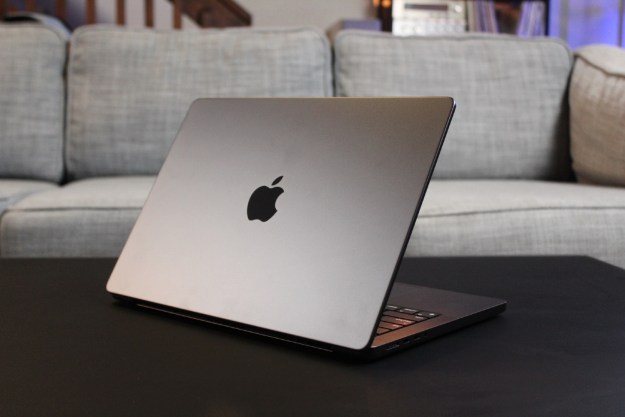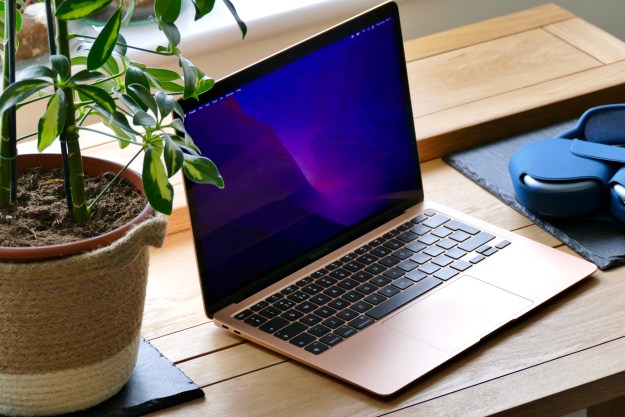Qualcomm, best known for designing chips inside many Android devices, is setting its sights on a different market: Laptops. In his first interview since becoming president and CEO of Qualcomm, Cristiano Amon says he believes that Qualcomm can have the best laptop chip on the market. And there’s no one better to design that chip than a team of architects who have worked on chips at Apple.
A new interview from Reuters shows a confidant Qualcomm looking to expand its business. Although Qualcomm creates the chips that power many Android handsets, the company used to license the core blueprint from chip designer ARM. Now, the company designs its own mobile cores. It’s also investing in its own laptop designs thanks to a $1.4 billion acquisition of startup Nuvia.

Qualcomm inked the final deal with Nuvia in March. Nuvia was a short-lived startup founded by Gerard Williams, who was the lead designer on iOS chips from the A7 to the A12X. After departing Apple, the company sued Williams for a breach of contract, claiming that he violated anticompetitive clauses in his employment contract by founding Nuvia.
Williams now works as the senior vice president of engineering at Qualcomm, leading the company’s efforts into designing its own laptop chips. Amon told Reuters that Qualcomm needed its own in-house chip designs to offer to customers in order to compete with Apple’s M1 chip, which is built using a core design from ARM. A key part of that is implementing 5G connectivity into the chip design, which Qualcomm has a lot of experience with.
“We needed to have the leading performance for a battery-powered device. If ARM, which we’ve had a relationship with for years, eventually develops a CPU that’s better than what we can build ourselves, then we always have the option to license from ARM,” Amon said. Reuters says that Qualcomm will start selling Nuvia-based designs next year, but it could be an additional year before we see them on the market.
Right now, Qualcomm is solely focused on the laptop market. The company doesn’t have any plans to enter the data center market that’s dominated by Nvidia, AMD, and Intel. However, Amon says the company is willing to license designs from Nuvia in the data center.
Qualcomm’s new stance in the market is sure to turn some heads at Apple, as the company currently supplies iPhones with connectivity chips. The two companies settled a lengthy legal battle in 2019, during which it was alleged that the two held meetings that turned hostile between Apple CEO TimeCook and former Qualcomm CEO Steve Mollenkopf.
Editors' Recommendations
- Apple M4 chip: price, performance, release date and more
- Why Apple’s M3 Ultra could be an absolute monster
- The MacBook Air M3 has one change that fixes its biggest flaw
- Qualcomm and Samsung are teaming up to fight Apple’s Vision Pro
- The easy way to choose between the Mac Studio and Mac mini



